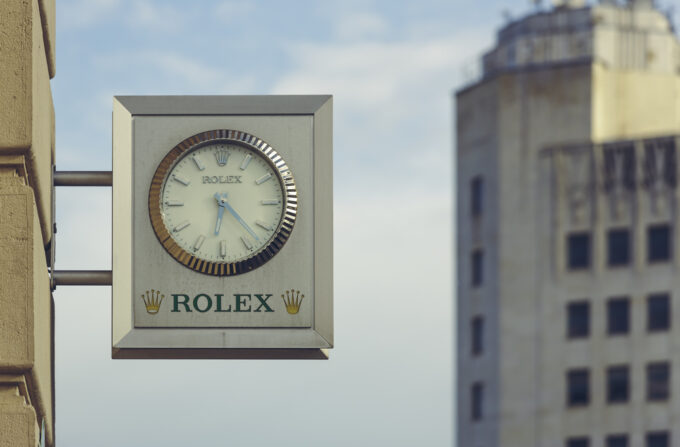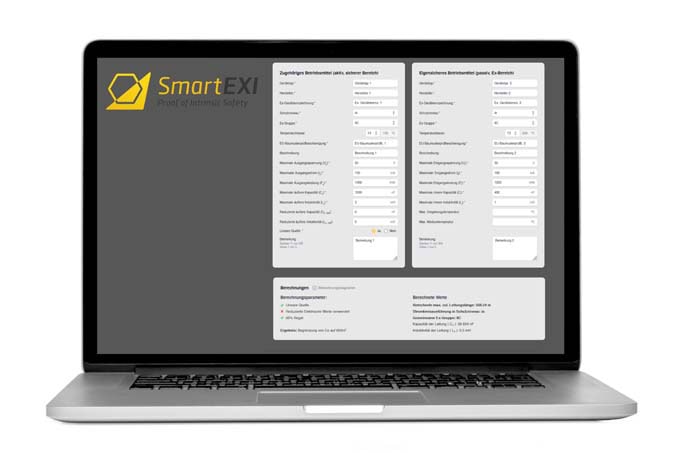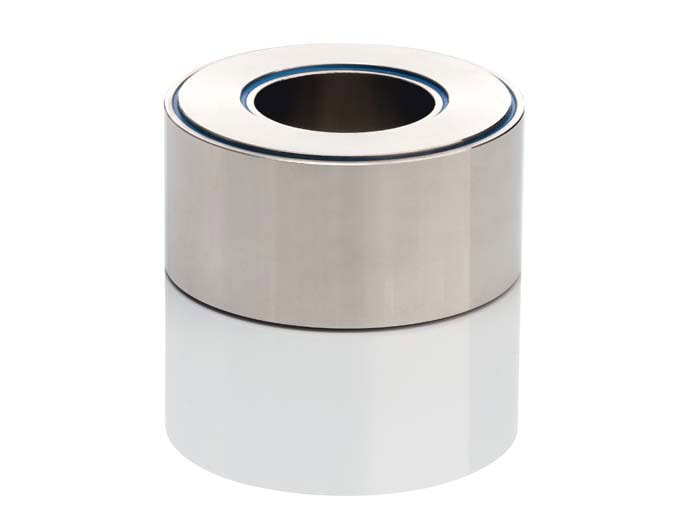The ups and downs of Swiss brands
How well do Swiss brands like TAG Heuer, Rolex, but also Nestlé or UBS hold their own? Every year, the world's leading brand valuation and consulting company Brand Finance evaluates the 50 most valuable brands in Switzerland in its "Brand Finance Switzerland 50" ranking. There are best in class, but also various image losers.

Swiss brands have also shone brighter. The declining brand values of Tissot (-18%), Omega (-17%), Longines (-12%) and Swatch (-11%) would reflect an economic downturn in the watch industry, Brand Finance underlines current indices of the Swiss watch industry.
Big brands like Apple and Samsung, which are established worldwide, have now introduced smartwatches. More digital, mobile technologies threaten "the need to use a traditional watch. Now is "the time for traditional watchmakers to develop new products with built-in technologies" so as not to lose market share.
Brands cooperate with Silicon Valley
The biggest challenge for Swiss manufacturers is the tech boom and mobile communications. TAG Heuer recently moved into an office in Silicon Valley to deepen its collaboration with Google and Intel Corps. It is clear that TAG Heuer has accepted the need for change and its growing brand equity for modular, connected watches reinforces the importance of innovation.
TAG Heuer is undergoing a revival of sorts with its "TAG Heuer Connected" line - reportedly the first ever Swiss smartwatches. However, there has been a trend towards smartwatches in radio-controlled and rescue watches for quite some time.
Rolex, once again best in class
The industry suffered two years of declining sales, which fell 9 percent in the first five months of 2016 due to falling demand from China and emerging markets. Interestingly, TAG Heuer's brand value has increased by 39 percent to 3 billion Swiss francs. Amid a 10 percent decline in Swiss watch exports, TAG Heuer reported sales growth for 2016 of more than 10 percent.
Surprisingly, Rolex remains the strongest Swiss brand in Brand Fiance's ranking, with BSI scores of 89. Compared to the more affordable watches of Swatch Groups and the "mid-sized brand Tissot (O-Ton Brand Finance), Rolex's fame and premium status seem largely unaffected by industry and market conditions." Rolex's brand value is up 14 percent to 6.8 billion Swiss francs.
Nestlé and the vegan trend
Despite a 20 percent loss in brand value to CHF 18.8 billion, Nestlé remains the most valuable Swiss brand and food brand in the world. Its brand value is more than double that of the second most valuable Swiss brand, UBS. Despite its incredible performance, Nestlé has not been spared the ongoing trend towards healthier and more natural diets, which has led to a decline in demand for Nestlé's all-important confectionery brands.
Nestlé operates dozens of individual product brands, such as KitKat and Smarties, but Nestlé's brand is visible on every package, serving as a so-called "endorser". A decline in these product brands is therefore automatically accompanied by a decline in Nestlé's brand value.
Lindt, the sweet high-flyer
The chocolate industry is plagued by higher raw material prices and a difficult consumer climate, but Lindt seems to be defying this trend.
In contrast to other brands, Lindt has grown by 18 percent to 1.5 billion Swiss francs. This makes Lindt the fastest growing Swiss food brand in the ranking this year. The company reported rising profits and stronger growth compared to the rest of the market for 2016. Results in Japan and Brazil were particularly impressive, with sales growth in the high double digits, mainly thanks to the opening of company-owned stores and cafés.
In addition, in line with its global expansion strategy, Lindt has opened further stores in Wales and Australia, bringing its network to 400 stores. Thanks to seasonal and premium products such as the Lindor balls and the Lindt Gold Bunnies, the company is enjoying rising sales in an otherwise stagnating market. For this reason, it will be interesting to see whether the brand can further increase its brand value next year.
Last, but not least: The pharmaceutical giants
Pharmaceutical giant Roche is the fastest growing brand in Switzerland and the eighth most valuable. Roche's brand value has risen 52 percent to 5.9 billion Swiss francs, overtaking Pfizer to become the world's most valuable pharmaceutical brand. The new cancer immunotherapy drug Tecentriq received FDA approval for the treatment of lung cancer and Roche expects sales to reach 4.5 billion euros by 2021 as a result.
A trio of breast cancer drugs boosted sales, offsetting sluggish sales of older medicines. Novartis, the only other pharma brand in the ranking, has also done well - its brand value is up 9 percent to 4.5 billion Swiss francs, largely due to the good performance of its growth products.
Click here for the list of the 50 most valuable Swiss brands









